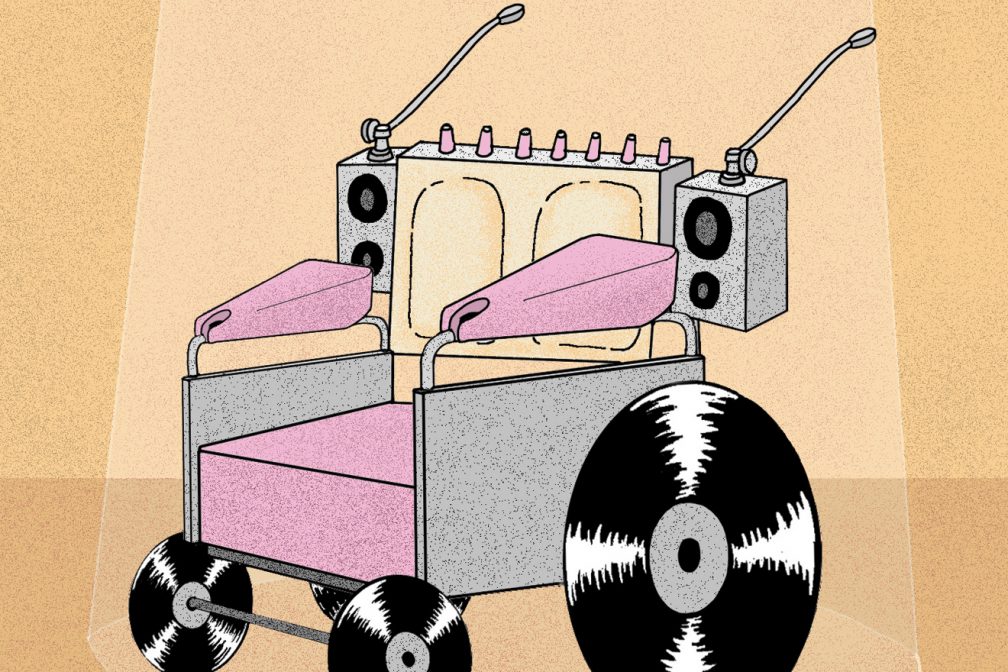 Comment
Comment
Nightclubs need to be way more accessible for disabled clubbers
"Disability and clubbing still causes trouble in paradise"
And yet dance music itself, perhaps through its production-based focus, has long been accessible to disabled performers. Chicago DJ Paul Johnson, famed for house classic ‘Get Get Down’, uses a wheelchair. And this year, Ibiza’s newest – and fully accessible – super-club Hï signed up Black Coffee for a residency. He performs without the use of his left arm.
Dance music, and dancefloor culture, can form an intense, healing connection for disabled people. Czech Hana Grygarova knows this better than most. As a disabled teen, music became a way to escape bullying. Her first trance night in 1998 started a love affair that continues to this day: “I felt, this is the place where I can heal my wounds,” she recalls. Soon after, Grygarova began performing as DJ Sheala, playing slots in Prague and her home town of Brno. But life behind the decks brought its own challenges: unable to reach the booth at one of her first big bookings, she had to think laterally. “I asked someone to lend me a beer crate. That’s how I started: a bit scared, but pretending to be the darkest, meanest woman in the world.”
Since then, Grygarova has had more unsavoury experiences, her worst at a Citadela party headlined by Paul van Dyk. The promoter refused her entry via the VIP entrance, despite it being the only accessible route, and refused her carer free admission. Yet “I still believe the dancefloor is a good place to go to feel human again,” she says.
These feelings are reflected by Edith Solenne, an avid clubber prior to developing multiple sclerosis in her 20s. After diagnosis she feared her dancefloor days were over – but the reality’s been different: “I’ve been pleasantly surprised,” she says. “I love those nights when the music is great, everyone is in a good mood and the club feels like a safe, progressive haven for a few hours. It’s become a sacred part of life which I will hold on to.”
To quote Faithless, “This is my church, this is where I heal my hurts”. Venues need to see the bigger picture, and open the doors to us all.



